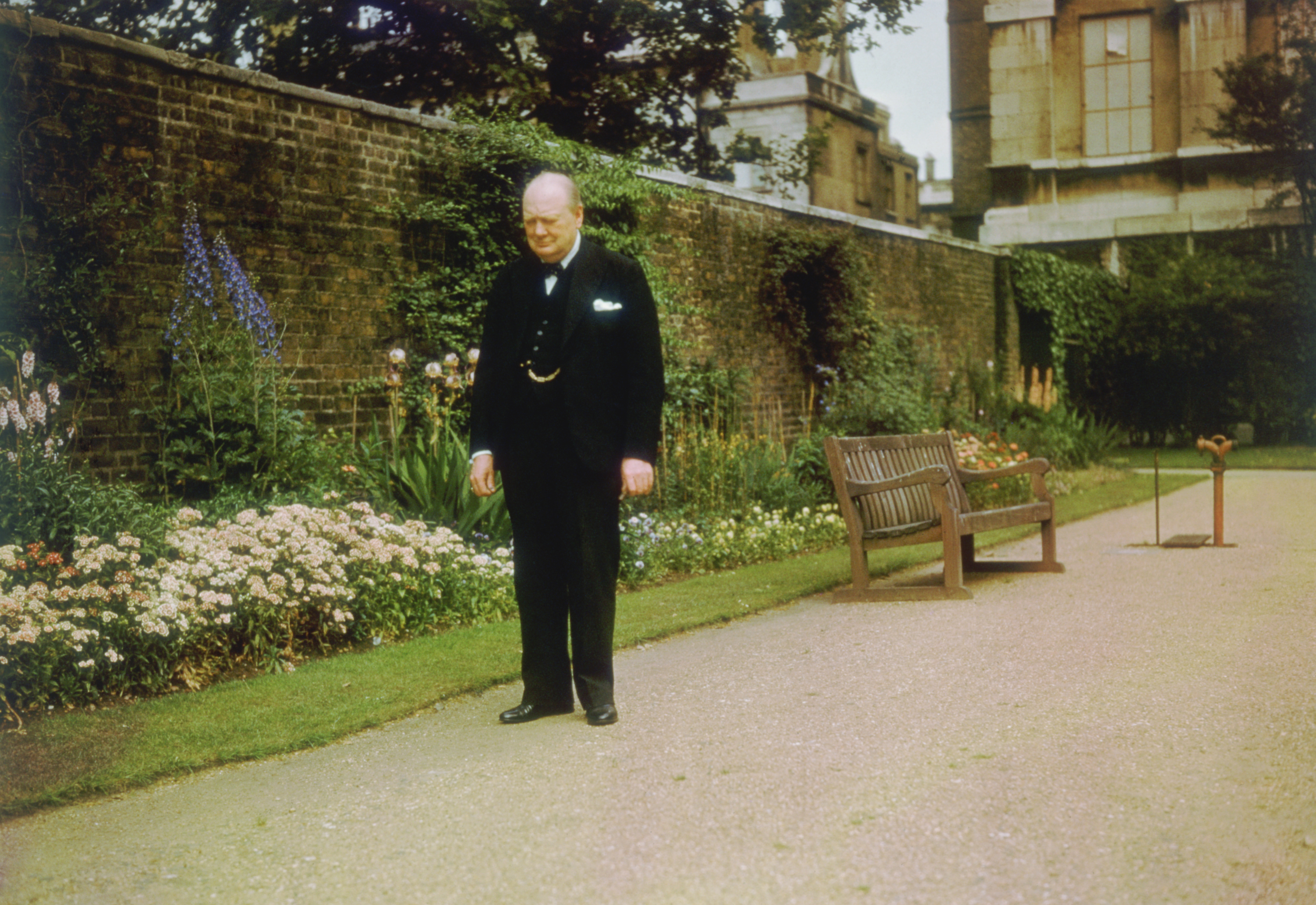Curious Questions: Is a pumpkin a fruit or a vegetable?
The rows upon rows of ghoulish, glowing squash down your street can only mean one thing: it’s Halloween. But have you ever stopped to wonder whether a pumpkin is a fruit or a vegetable? Alexandra Fraser investigates.
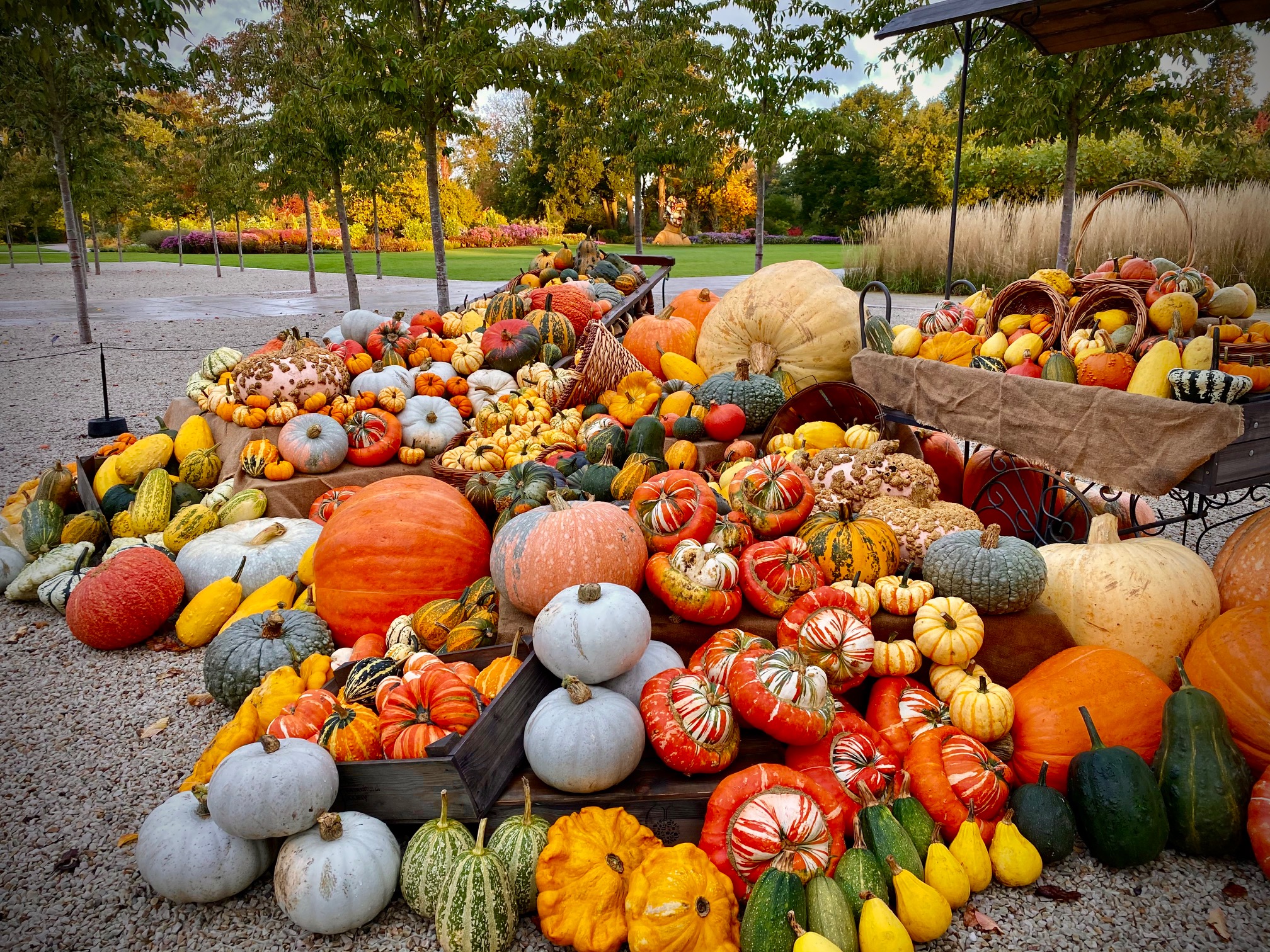

The humble tomato has long captivated the attention and intrigue of avid classifiers with one simple question: fruit or vegetable?
This line of discussion often comes with its own script. Are its seeds on the inside or the outside? Does it grow in the ground or on a tree? Would you put it in a pie or on a tart? The science behind these questions may be flawed, but they’re still trotted out every time the discussion comes to light at a dinner party or in a supermarket. Simple enough to answer initially, they rarely yield a conclusion that pleases everyone present.
'But, it is a vegetable. It just is,' says your older brother in a fairly condescending tone as he stirs a large pot of scrambled eggs at breakfast, while you wonder whether the subject of the discussion would still retain its throwing integrity once grilled.
Although the Supreme Court ruled in 1893 that, under U.S. customs regulations, the tomato should be classified as a vegetable, horticulturists across the pond are not so quick to accept their edict.
This season, as the chlorophyll in our leaves starts to break down and reveal the russets, yellows and jewel-like purples of autumn, a new question has been brough to light, one that requires extensive discussion and a definitive answer. That question is: Is a pumpkin a fruit or a vegetable?
The answer should be simple, shouldn’t it?
Spoiler alert: it absolutely is not.
Sign up for the Country Life Newsletter
Exquisite houses, the beauty of Nature, and how to get the most from your life, straight to your inbox.
'Botanically, it’s a fruit grown as a vegetable, but used as a fruit in pies or a vegetable in soups,' says Guy Barter, Chief Horticulturist at the RHS.
So, it’s a fruit. Done and dusted, yes? Not quite, warns Guy.
'Pumpkins are always in the vegetable section of books and seed catalogues.'
And the confusion begins again. Pumpkins aren’t the only fruit/vegetable to suffer under a veil of uncertainty, either.
'Melons, also a botanical fruit, though never used as a vegetable, are grown in the same way as a vegetable, but always considered a culinary fruit, and indeed included in the fruit section of books but the vegetable section of seed catalogues.'
Believe me, rhubarb doesn’t even bear thinking about.
I suppose the important question to ask is whether it really matters. In a nutshell, perhaps not — unless, of course, you're hunting in the wrong seed catalogue.
Insisting that a pumpkin is a botanical fruit is not going to make your mum move likely to drop one in the fruit bowl. But it may catch a few people out on your next Zoom pub quiz and, after all, that’s what fun facts are all about.
'P.S.' adds Guy. 'Tomatoes are also fruits.'
If you haven’t had your fill of pumpkins by this evening, you can visit the wonderful pumpkin displays at RHS Garden Hyde Hall, RHS Garden Rosemoor, RHS Garden Harlow Carr and RHS Garden Wisley until the end of November. Visit www.rhs.org.uk for more information or to pre-book a time slot in advance of your visit.
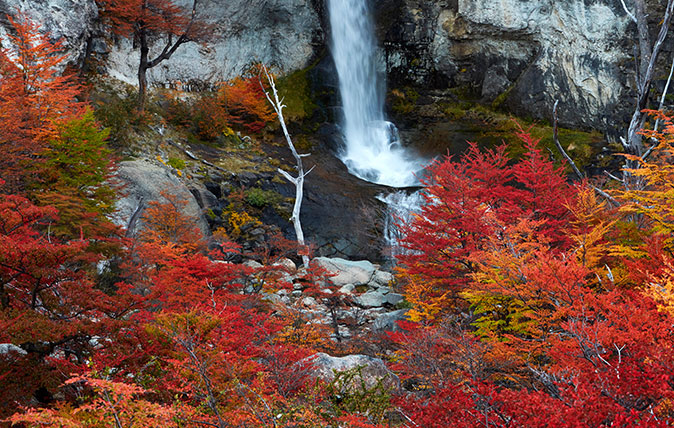
Curious Questions: Why do leaves change colour in Autumn? And why do some go yellow while others are red, purple or brown?
The riotous colours on the trees around us are one of the highlights of the year — but why do leaves

Credit: Alamy
Curious Questions: Why are wine bottles all pretty much the same shape and colour?
We drink 36 billion bottles of wine a year — and almost all of them come in wine bottles that share
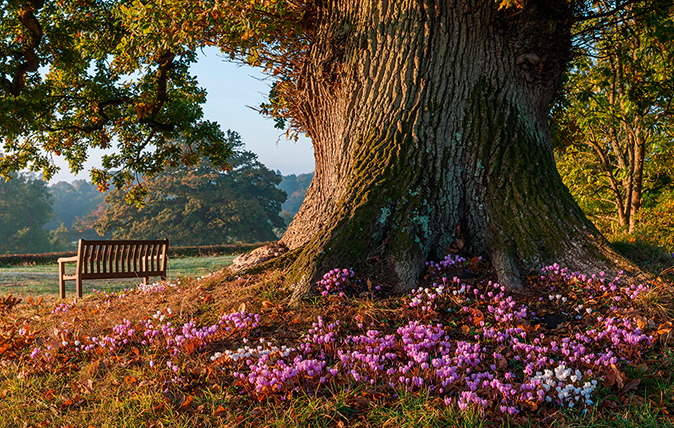
Alan Titchmarsh: Cyclamen, October colour and Nature's most extraordinary colour clash
Our columnist Alan Titchmarsh reflects on the ups and downs of Autumn gardening, where this rag bag of a season
-
 Curious Questions: What is the greatest April Fool's prank ever played?
Curious Questions: What is the greatest April Fool's prank ever played?As April 1 looms, Martin Fone tells the tale of one of the finest stunts ever pulled off.
-
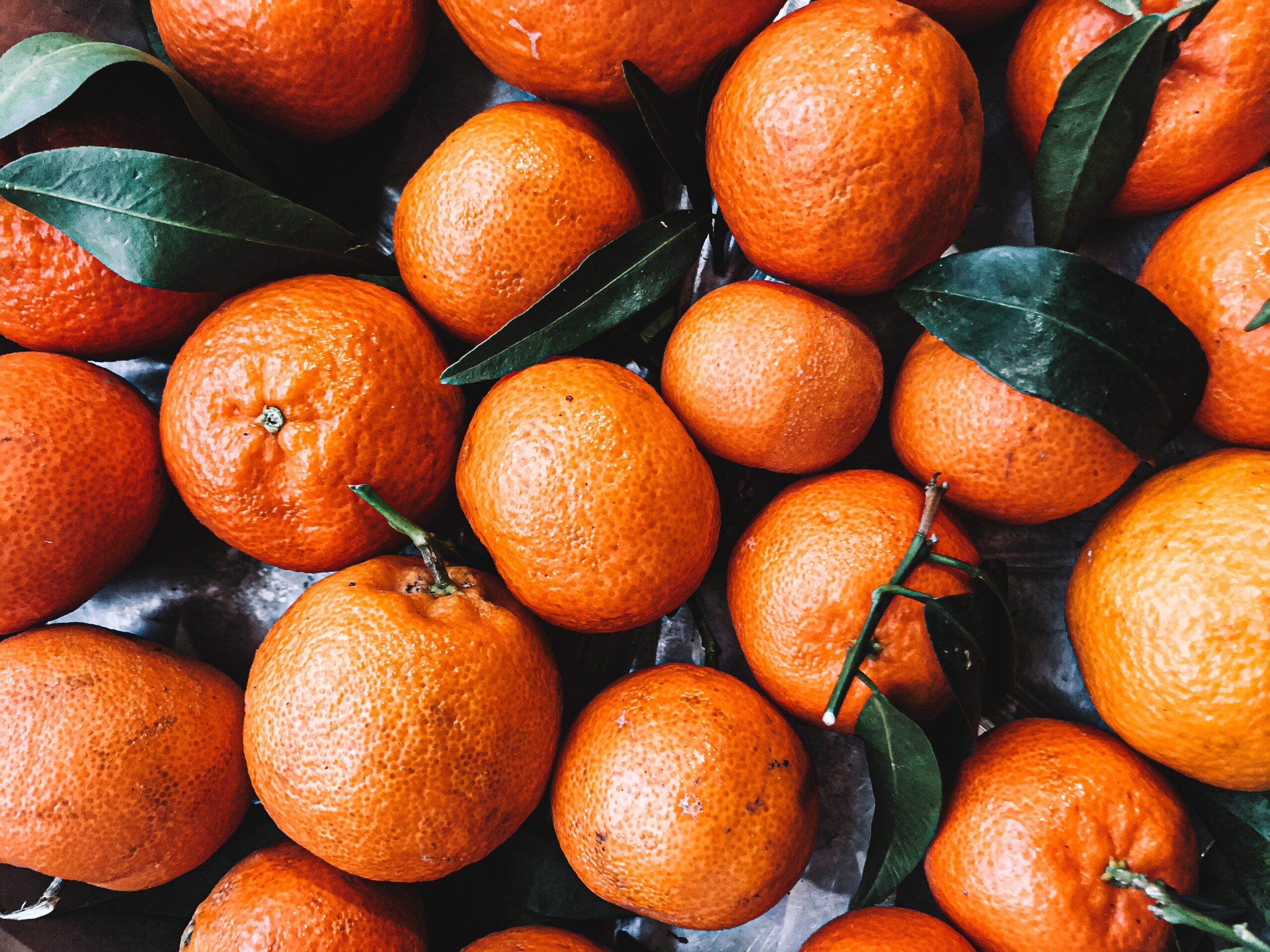 Curious questions: Why do we use Seville oranges to make marmalade?
Curious questions: Why do we use Seville oranges to make marmalade?Why do we use Seville oranges to make marmalade when there are more than 400 other varieties available worldwide? And do they really make the best preserve? Jane Wheatley investigates.
-
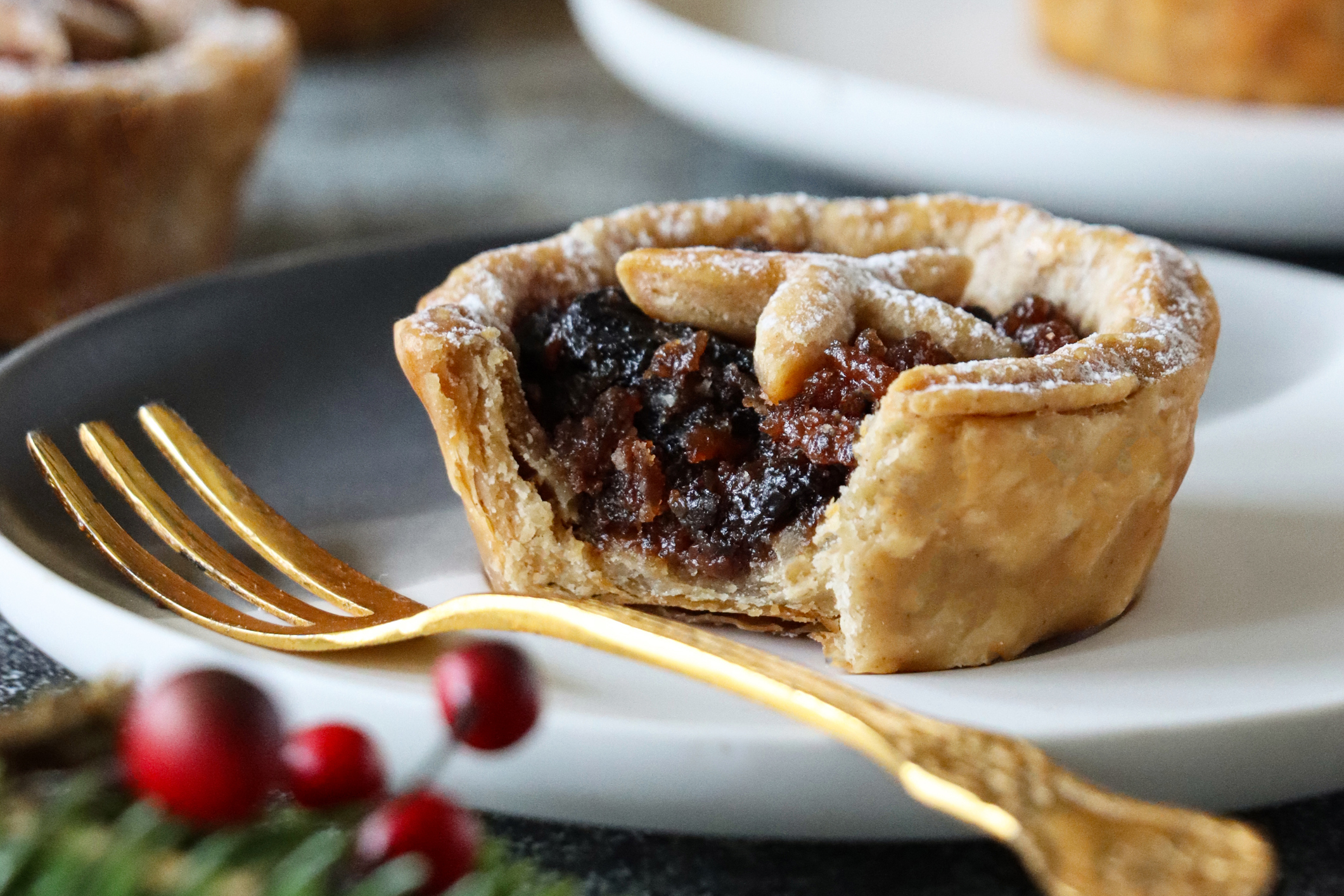 Mince pies really did once contain meat — and this Victorian recipe will convince you that they should to this day
Mince pies really did once contain meat — and this Victorian recipe will convince you that they should to this dayOnce packed with meat, such as ox tongue and mutton, alongside dried and candied fruit and extravagant spices, the mince pie is not what it once was — and food historian Neil Buttery says that's made them worse.
-
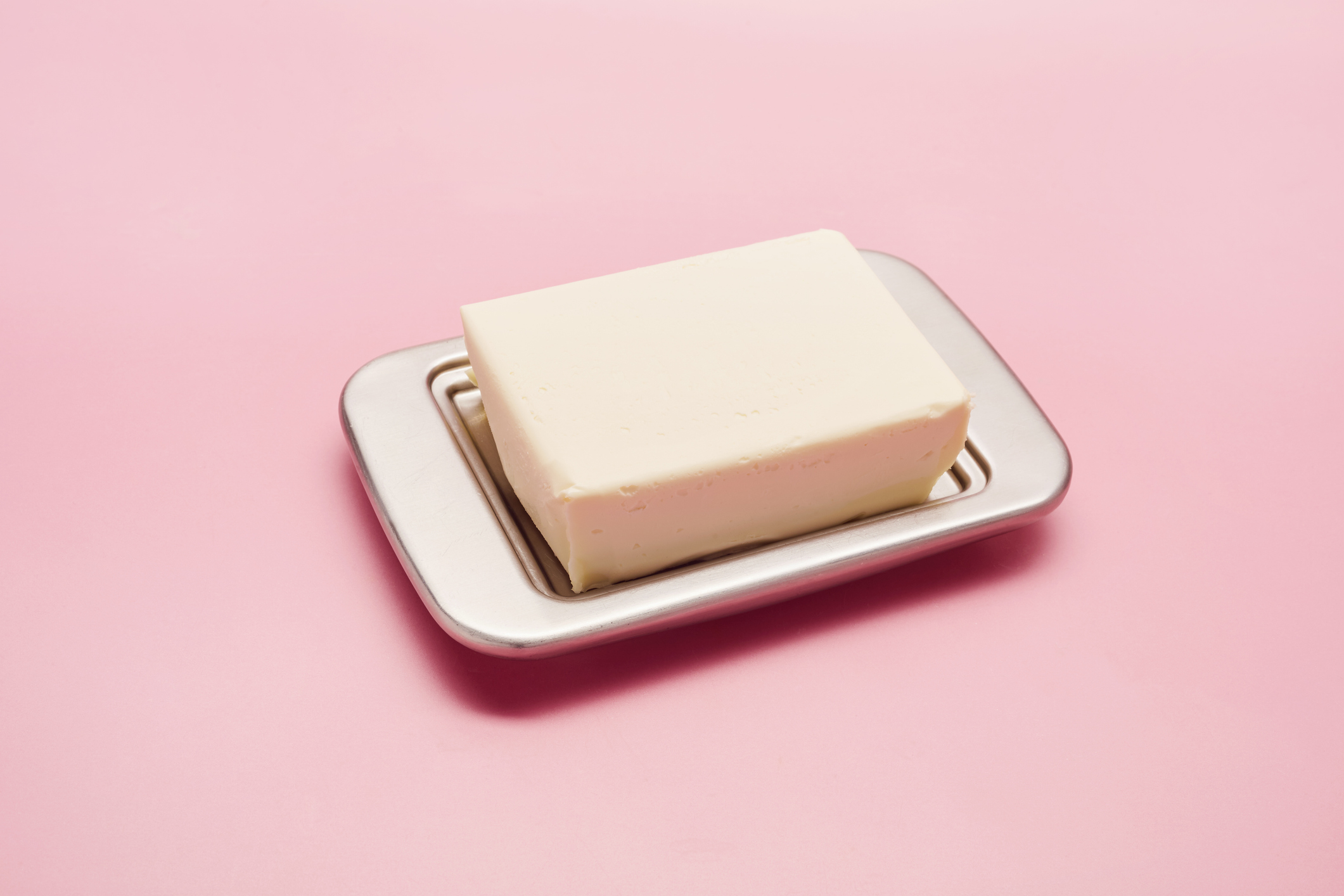 Curious Questions: Margarine used to be pink — but why?
Curious Questions: Margarine used to be pink — but why?Margarine has been a staple of our breakfast tables for over a century, but it hasn't always had a smooth ride — particularly from the dairy industry, who managed to impose a most bizarre sanction on their easily-spreadable, industrially mass-produced rival. Martin Fone explains.
-
 Curious Questions: Wine has been made in Britain for over 1,000 years — so why have we only just turned it into an industry?
Curious Questions: Wine has been made in Britain for over 1,000 years — so why have we only just turned it into an industry?With the UK wine industry booming, Martin Fone takes a look at its history.
-
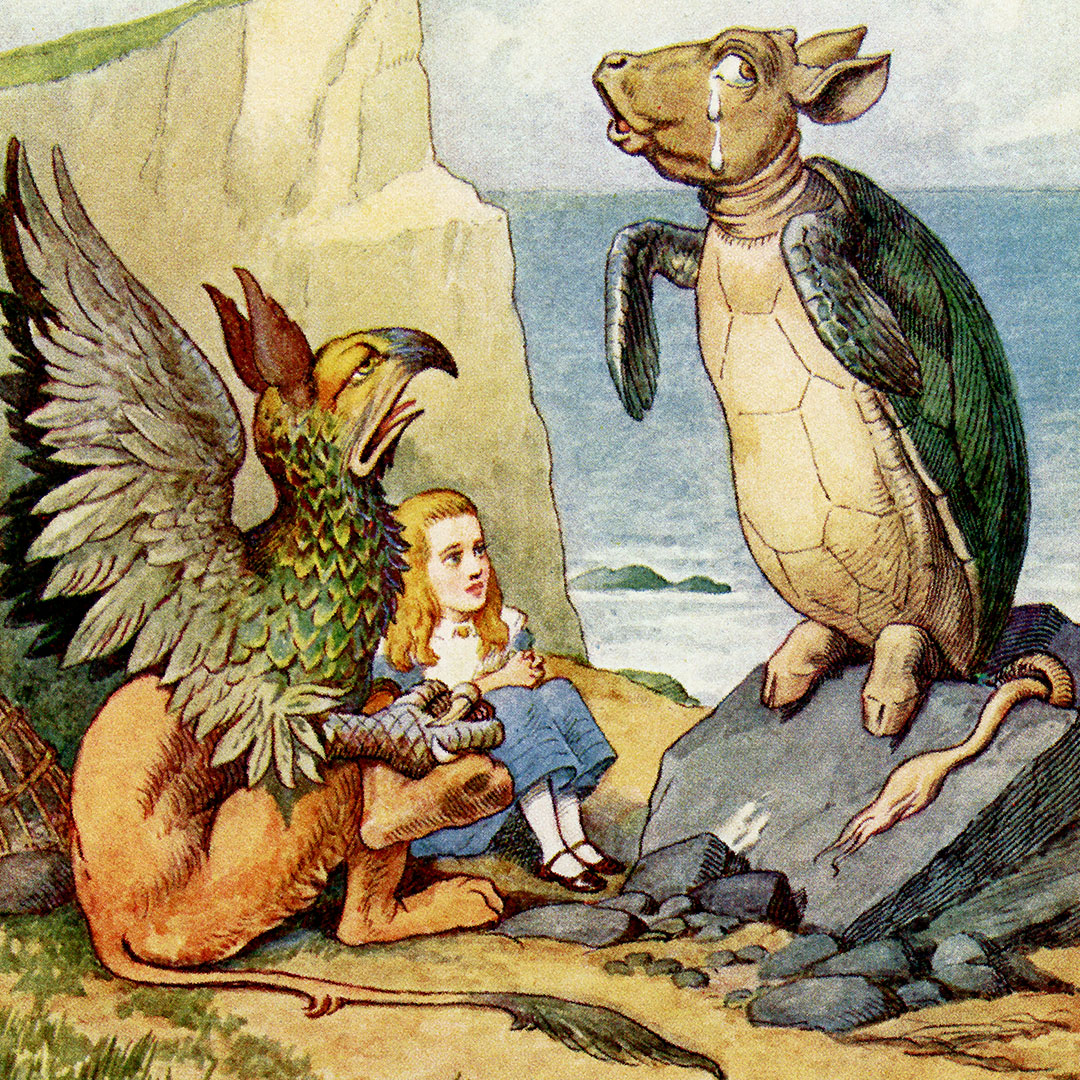 Curious Questions: What is mock turtle soup? And did it come before or after 'Alice in Wonderland'?
Curious Questions: What is mock turtle soup? And did it come before or after 'Alice in Wonderland'?Martin Fone delves into the curious tale of an iconic Victorian delicacy: mock turtle soup.
-
 A game of two halves — how the sandwich went from humble fare to a country-wide lunchtime obsession
A game of two halves — how the sandwich went from humble fare to a country-wide lunchtime obsessionWhat started life as a way to eat and play cards at the same time (so the story goes) is now the lunch of choice for the working world.
-
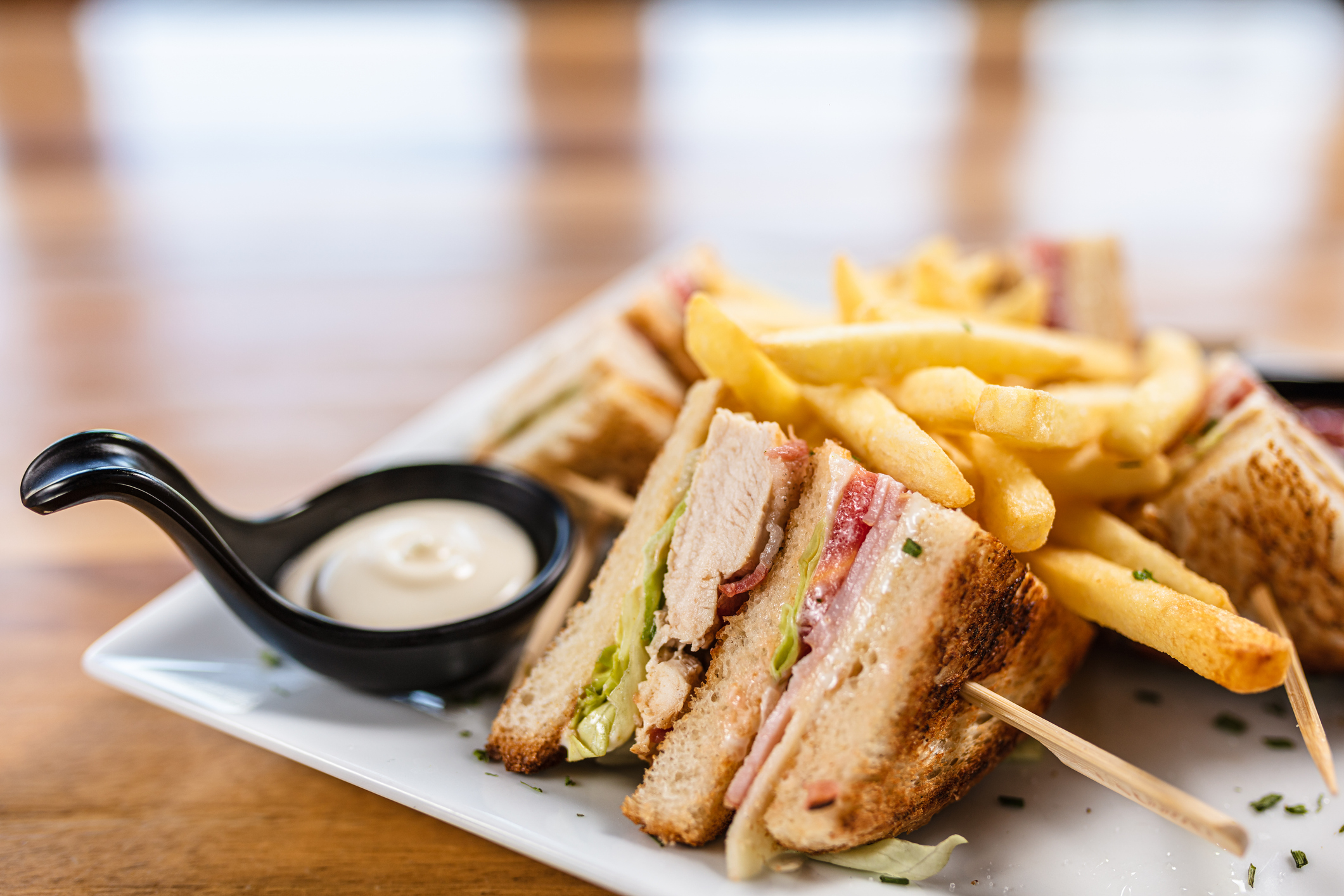 Where to find the world's best club sandwich — and the story of this triple-layered paean to poolside delight
Where to find the world's best club sandwich — and the story of this triple-layered paean to poolside delightThe club sandwich, arguably the most famous of all sarnies, is a poolside staple, but its origins are tricky to trace, says Tom Parker Bowles.

